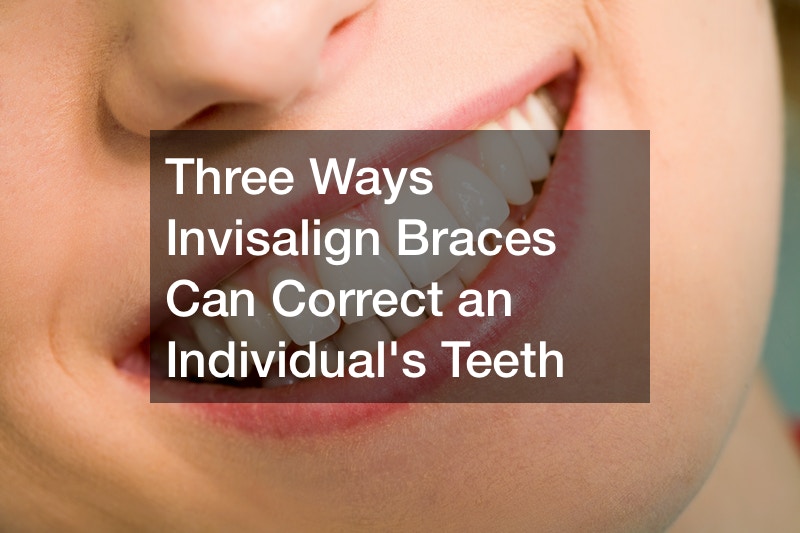Missing Teeth Aren’t Just Unsightly They Can Increase Your Chances Of Bone Loss In The Jaw

You brush your teeth twice per day. You make sure to floss after every meal. You even go the extra mile and make sure to rinse.
Yet despite all your hard work…you’re finding yourself in need of a tooth extraction procedure. Good oral health isn’t just the day-to-day habits we build over time. It’s also making sure to check with medical professionals on a regular basis to ensure nothing is slipping past our radar. When you have an impacted canine tooth or painful cavity that needs attending to, it’s best not to wait it out and hope it goes away. A dentist can spot the underlying issue and make sure you’re well on your way to enjoying good oral health again.
What are the effects of an impacted canine tooth? Can you have alcohol after tooth extraction? Read up on the most common questions below.
Do I Need To Remove My Wisdom Teeth?
Here’s a question that can leave people scratching their head. Are wisdom teeth always supposed to be removed? Can you skip the tooth extraction procedure? While some have been fortunate enough to have wisdom teeth too small and minor to be dealt with, most adults (and some teenagers) have no choice but to apply for a tooth extraction procedure. Wisdom teeth removal is an outpatient procedure performed on five million Americans annually. Impacted wisdom teeth, in particular, are the third molars in the back of the mouth that don’t grow properly.
Can I Prevent Tooth Decay?
Another issue that can have some worried is the onset of tooth decay. Notoriously painful, tooth decay is caused by a cavity that has been neglected. This causes the root of the tooth to be damaged, leaving people in constant pain when trying to eat ice cream or chew on hard food. The worst case scenario can even be breaking the tooth and requiring emergency surgery. Regular flossing and brushing is needed to keep plaque at bay and prevent bacteria from infecting the gum. With a little effort every day tooth decay won’t be a problem.
What Happens If I Have Missing Teeth?
Missing teeth can be caused by sports injuries, fights or accidents. When you have a missing tooth the most common course of action is to find a suitable replacement. Not only is this necessary to feel good about your smile, it’s actually good for your health. One of the most common consequences of missing teeth is developing bone loss in the jaw. It begins just as soon as you lose the tooth and can cause dramatic changes, with some data seeing cases of bone width being reduced by 25% in the first year after tooth loss.
Do Dental Implants Really Work?
Should you be in need of a dental implant, a quick check-up at your dental clinic will give you the options available to you. Today three million people and counting have dental implants, with that number only growing by the year, and you’ve never been in a better spot to have your smile restored to its previous splendor. Scientific literature has even suggested dental implants as having the highest success rate out of any dental procedure, with just 2% of cases showing complications. The only way to find out if you need a tooth extraction procedure or oral bone graft?
How Often Should I Visit The Dentist?
The only way to know for sure what issues you’re battling, or could be battling given enough time, is to visit your local dental clinic. Today the average American is living with one or more untreated cavities, with impacted wisdom teeth, periodontal disease and bone loss in the jaw being some of the most common issues requiring medical attention. Even if you find your oral health is in a sound state you can always apply for a teeth cleaning session to get to the spots you miss in the day-to-day.
Give your smile the best possible chance at success. Top off your good oral health habits with a trip to the dentist.

